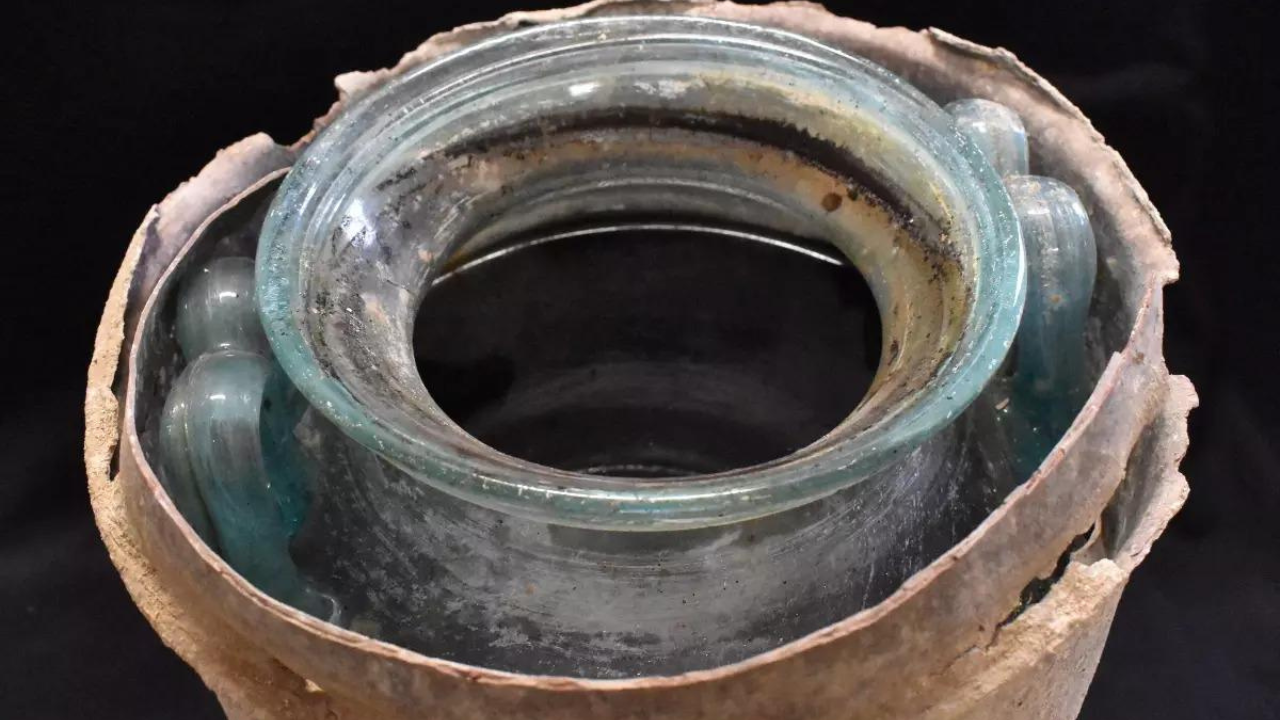In a cave deep in southern Spain, researchers have uncovered what is believed to be the oldest wine in the world. This discovery has shed new light on the history of winemaking and suggests that the tradition may have started earlier than previously thought. The wine was found in ancient pottery jars and dates back over 4,000 years, surpassing previous discoveries in regions like Georgia and Armenia.
Dr. María Pérez, an archaeologist who led the excavation, expressed her excitement about the find. She stated that it is significant for both Spain and our understanding of the spread and development of winemaking in human history. Chemical analysis of the residue in the jars confirms the presence of tartaric acid, a key indicator of grape wine.
The site, located in Andalusia, has been filled with ancient artifacts but the discovery of wine has captured historians’ attention. The jars were found well-preserved state buried deep within a cave protecting their contents from decay over time. Dr. Pérez and her team believe that this ancient wine production was likely part of a larger cultural and social practice.
The discovery also highlights historical context by noting that women were long prohibited from drinking wine as it was considered a man’s drink in ancient Rome. This find not only showcases human innovation in agriculture and fermentation but also underscores cultural significance of wine through centuries.
Overall, this discovery will have far-reaching implications for our understanding of human history and culture, as well as for contemporary practices related to winemaking and conservation efforts.
It is important to note that while this discovery claims to be older than previous discoveries in regions like Georgia and Armenia, further testing may reveal otherwise. However regardless of its age it still holds great significance for both Spain and our understanding

